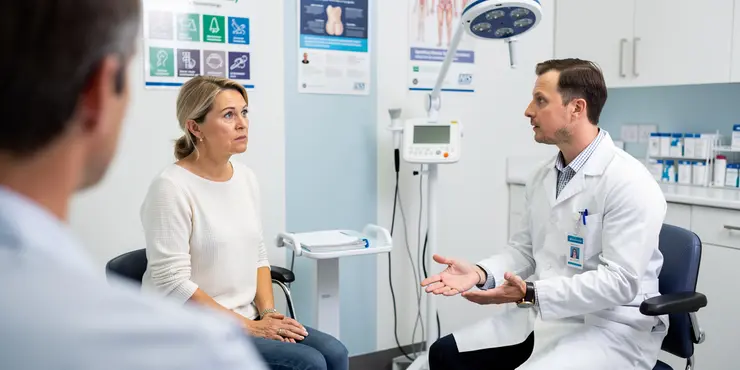
Find Help
More Items From Ergsy search
-
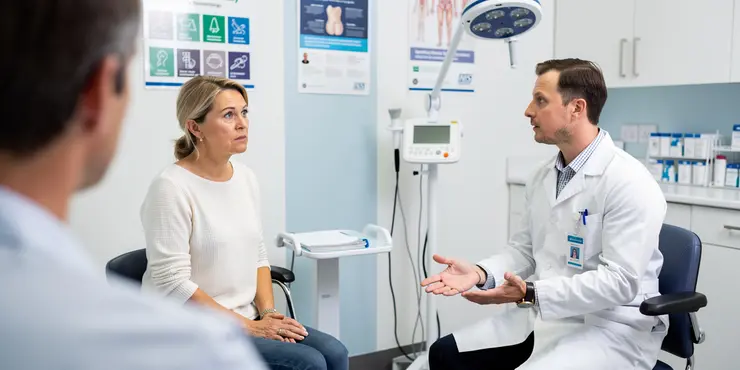
Who is an ideal candidate for a facelift?
Relevance: 100%
-
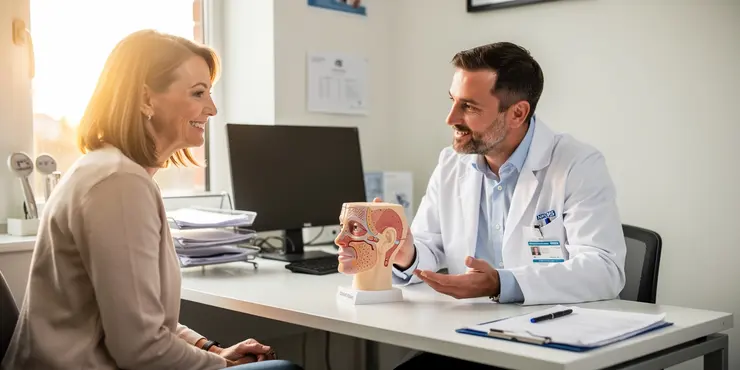
What is a mini facelift?
Relevance: 53%
-

What is a Facelift?
Relevance: 48%
-

Are non-surgical facelifts effective?
Relevance: 41%
-
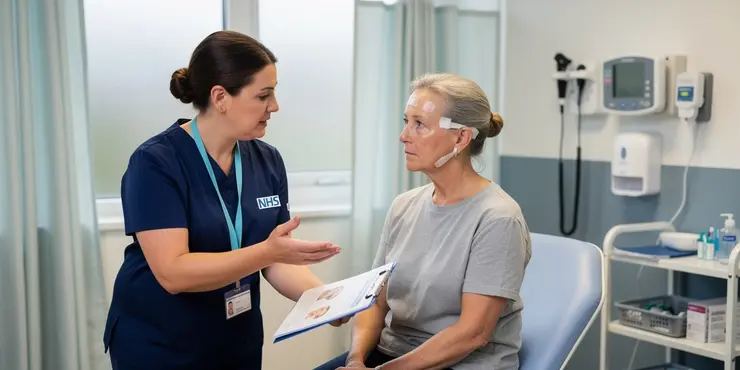
What is the recovery time for a facelift?
Relevance: 39%
-

Is a facelift painful?
Relevance: 38%
-

Will a facelift remove all my wrinkles?
Relevance: 37%
-

How long do the results of a facelift last?
Relevance: 35%
-
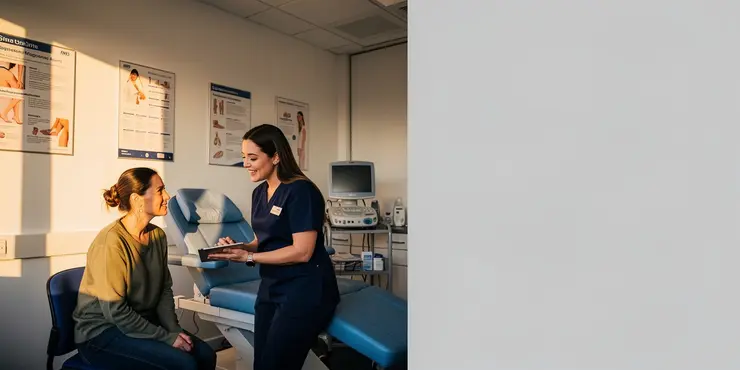
How much does a facelift cost?
Relevance: 35%
-
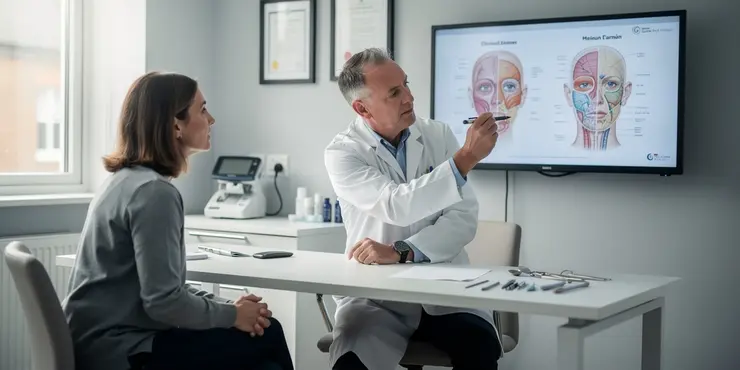
Can a facelift be combined with other procedures?
Relevance: 34%
-

Will I have visible scars after a facelift?
Relevance: 34%
-

What should I expect during a consultation for a facelift?
Relevance: 34%
-

Are there any risks associated with facelifts?
Relevance: 34%
-

How soon can I return to work after a facelift?
Relevance: 32%
-

How soon can I return to work after a facelift?
Relevance: 31%
-
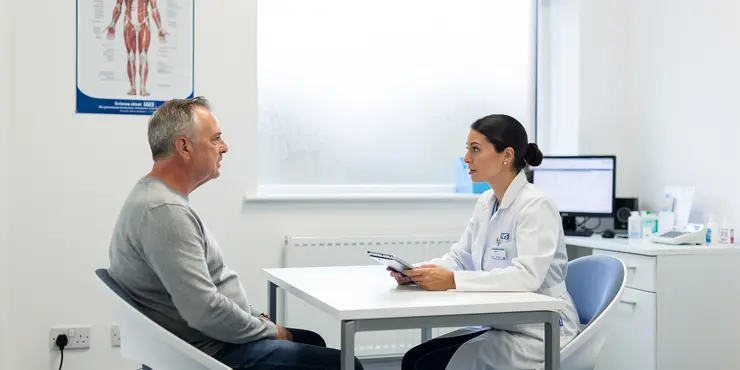
How should I prepare for a facelift?
Relevance: 30%
-

What are the common side effects after a facelift?
Relevance: 28%
-

How do I choose a qualified facelift surgeon?
Relevance: 27%
-
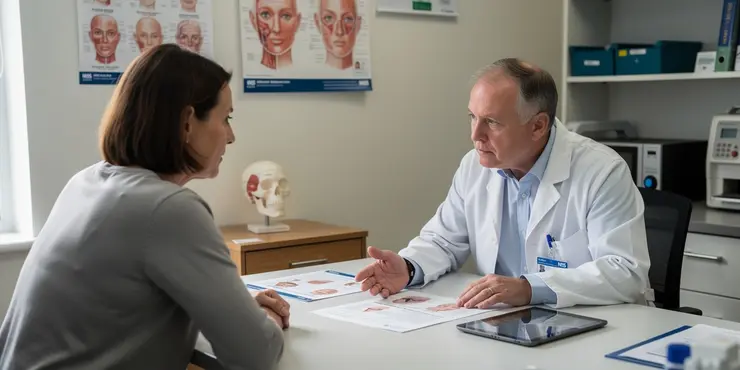
How is a facelift performed?
Relevance: 27%
-

Is financing available for a facelift?
Relevance: 27%
-

Who is a candidate for a hip replacement?
Relevance: 21%
-

What are the different types of facelifts?
Relevance: 15%
-
What is the ideal salt intake for someone with high blood pressure?
Relevance: 15%
-
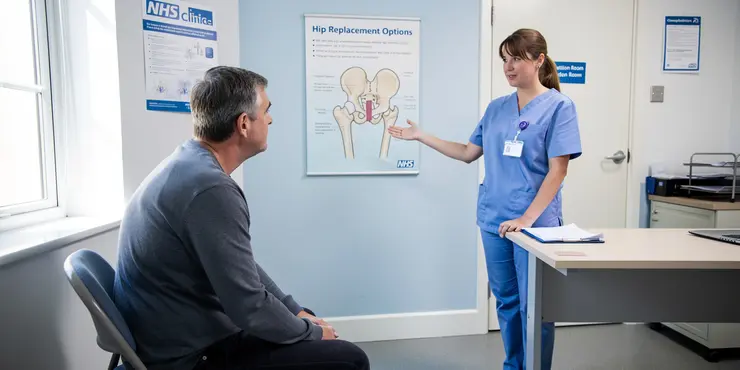
Can both hips be replaced at the same time?
Relevance: 13%
-
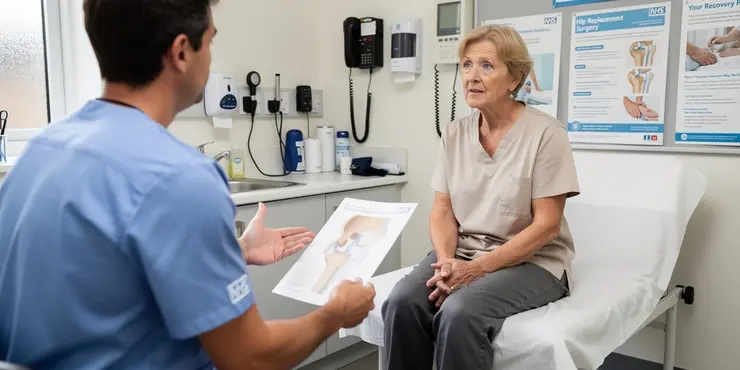
What is minimally invasive hip replacement surgery?
Relevance: 11%
-

What is the DVSA Theory Test?
Relevance: 11%
-

Has a vaccine been developed against Nipah Virus?
Relevance: 11%
-
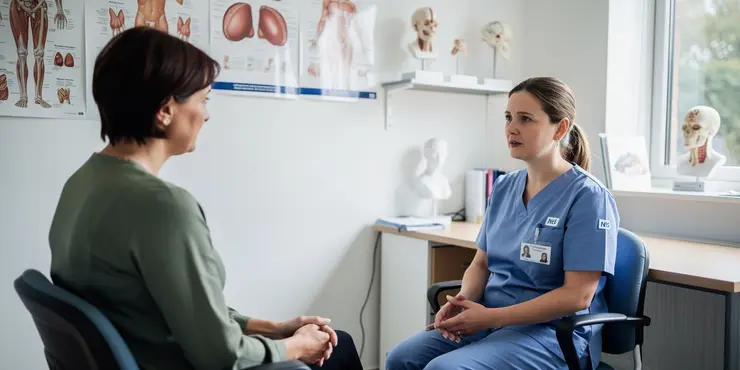
What is Breast augmentation?
Relevance: 11%
-
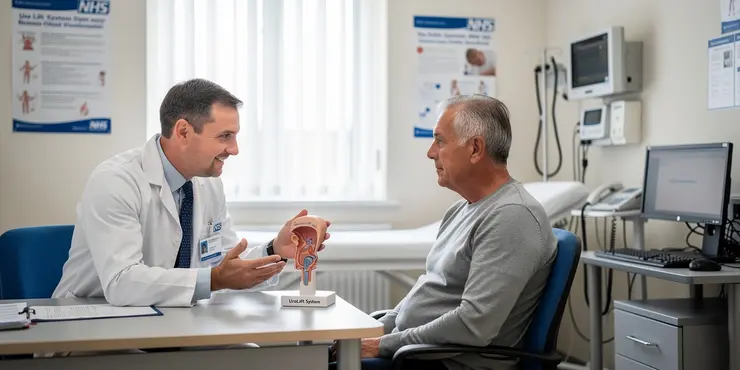
What are minimally invasive procedures for BPH?
Relevance: 11%
-
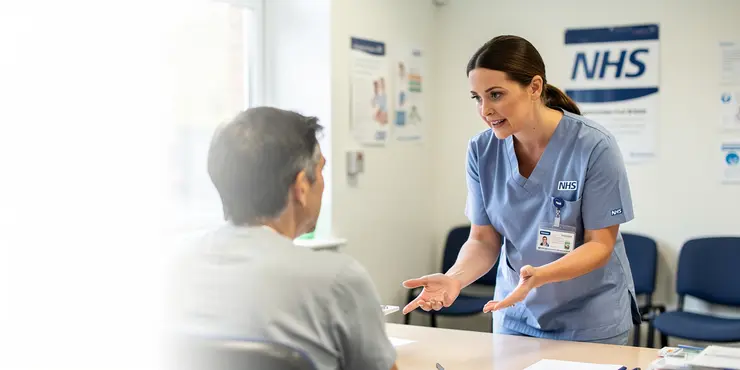
How can I apply for a job at the National Trust?
Relevance: 10%
-
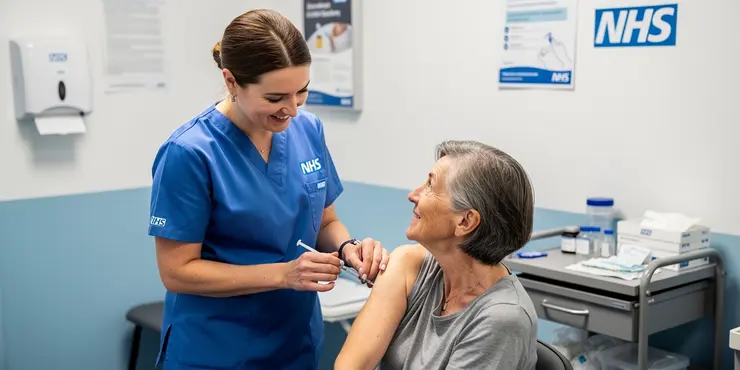
Is there a vaccine for the Zika virus?
Relevance: 10%
-

The DVSA Theory Test, BSL, and accessibility
Relevance: 10%
-

Is there a vaccine for norovirus?
Relevance: 10%
-

Is the DVSA Theory Test available in British Sign Language (BSL)?
Relevance: 10%
-
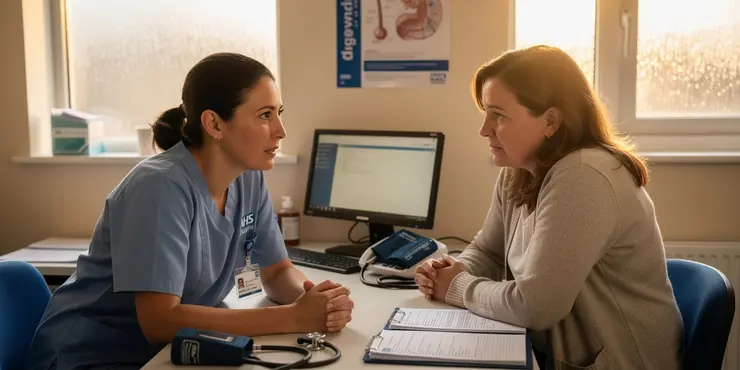
Is there a vaccine for Lyme disease?
Relevance: 10%
-
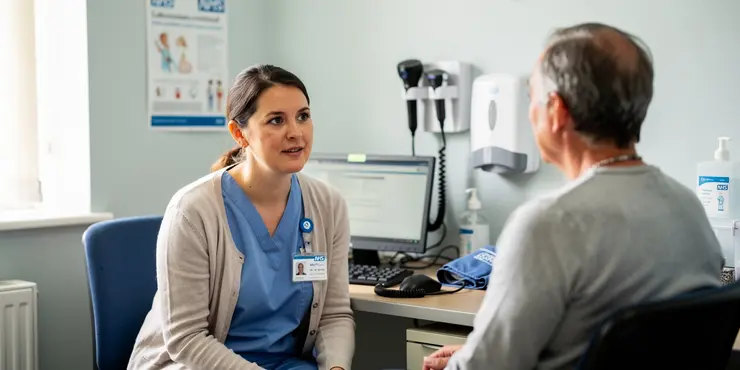
Is there a vaccine for Marburg virus?
Relevance: 9%
-
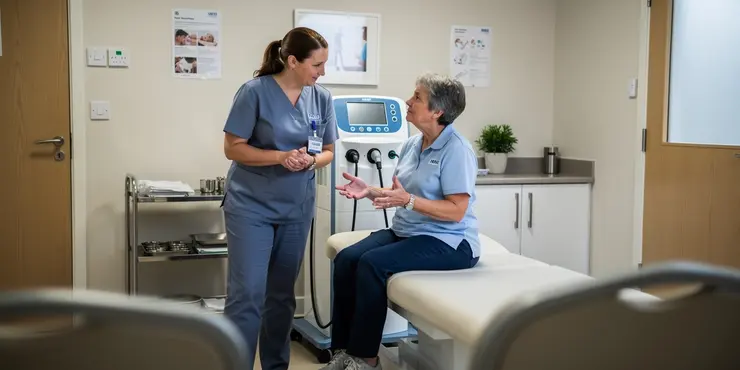
How does cryotherapy work in treating prostate cancer?
Relevance: 9%
-

What is the pass mark for the Hazard Perception Test?
Relevance: 9%
-

Is prior experience required to work at the National Trust?
Relevance: 8%
-

Aquablation Therapy takes around 45 minutes to do based upon the patients prostate size
Relevance: 8%
Who is an Ideal Candidate for a Facelift?
A facelift, or rhytidectomy, is a popular cosmetic procedure aimed at creating a more youthful appearance. While the idea of a facelift can be appealing, it is important to understand who the ideal candidates are to ensure optimal results and safety.
Understanding the Basics
Facelifts are designed to address visible signs of aging in the face and neck. This procedure involves tightening facial muscles, removing excess skin, and repositioning the face to provide a smoother, firmer appearance. However, not everyone is a suitable candidate for this surgery.
Age and Physical Health
Typically, facelift candidates range between the ages of 40 and 70, when the first signs of aging begin to appear prominently. However, age is not a strict criterion. The candidate’s overall health is a more critical consideration. Ideal candidates should be in good physical health, as underlying medical conditions could increase the risk of complications during and after the procedure.
Non-Smokers
Smoking can impede the healing process and increase the risk of complications. As a result, non-smokers are preferred as candidates for a facelift. Patients who do smoke are usually advised to quit at least several weeks before and after the procedure to promote better healing and outcomes.
Realistic Expectations
Having realistic expectations is crucial. A facelift can significantly improve one's appearance but does not stop the aging process altogether or transform one's face entirely. Therefore, candidates should discuss their goals with a qualified surgeon to ensure they have a clear understanding of the expected results.
Skin Elasticity
Another critical factor is skin elasticity. An ideal candidate should have skin that retains some elasticity, as this attribute allows for better adaptation to the face's new contours post-surgery. Good bone structure can also contribute to achieving more favorable results, as it provides a foundational support for the skin and tissues.
Emotional Health
Aesthetic surgery can impact one’s mental and emotional state. Therefore, candidates should have stable emotional health and a good understanding of why they are considering the procedure. A consultation with a mental health professional may be recommended to ensure the decision is made confidently and appropriately.
Consultation with a Qualified Surgeon
Ultimately, determining candidacy for a facelift involves a thorough consultation with an experienced and qualified cosmetic surgeon. The surgeon will evaluate the patient’s facial anatomy, discuss their goals, and review their medical history to ensure the procedure is safe and suitable.
In conclusion, while many individuals may wish to rejuvenate their appearance through a facelift, it is crucial to consider various factors such as health status, lifestyle habits, and realistic goals. A personalized approach via professional consultation is essential to achieving the desired outcomes safely.
Who Should Think About a Facelift?
A facelift is a type of surgery that can make you look younger. Before deciding, it's important to know who should consider getting a facelift to make sure it is safe and works well.
What is a Facelift?
Facelifts help with signs of getting older in your face and neck. The surgery tightens muscles, takes away extra skin, and moves the skin to make it smoother and tighter. But, not everyone should have this surgery.
Age and Being Healthy
Most people thinking of a facelift are between 40 and 70 years old. But age isn't the only thing that matters. It's more important to be healthy. People should be in good health because being sick can make surgery harder and more dangerous.
Not Smoking
Smoking can make it harder for the body to heal. So, it's better if people who want a facelift do not smoke. If you do smoke, doctors usually say to stop smoking weeks before and after surgery.
Having Realistic Hopes
It's important to know what a facelift can and cannot do. A facelift can make you look better but it can't stop aging or change how you look entirely. Talk with a good doctor to know what to expect.
How Your Skin Is
Good skin elasticity is important. This means your skin can stretch and still look smooth. It helps your face look better after surgery. Strong bones under the skin also help the final look.
Feeling Good Emotionally
Surgery can change how you feel. It’s important to feel good and understand why you want the surgery. Talking to a counselor might help you decide if it’s right for you.
Talk to a Good Surgeon
The best way to decide about a facelift is by talking to an experienced surgeon. They will look at your face, learn what you want, and check your health to make sure it's a good choice for you.
In summary, if you want to look younger with a facelift, think about your health, habits like smoking, and what you really hope for. A good talk with a surgeon helps you understand the process and outcomes better.
Frequently Asked Questions
What age is most suitable for a facelift?
Most candidates for a facelift are between 40 and 70 years old, but suitability is determined by skin condition rather than age alone.
How important is skin elasticity for a facelift candidate?
Good skin elasticity is important as it helps achieve better results with a facelift, allowing the skin to adapt properly to the new contours.
Can someone with significant sagging skin be a candidate for a facelift?
Yes, individuals with significant sagging skin are often good candidates for a facelift, as the procedure is designed to address such issues.
Should a candidate stop smoking before a facelift?
Yes, candidates should stop smoking weeks before the procedure, as smoking can affect healing and increase surgery risks.
Is being in good general health essential for a facelift candidate?
Yes, being in good general health is crucial to ensure the body responds well to surgery and heals properly.
Are facelift candidates required to have realistic expectations?
Yes, having realistic expectations is important for candidates to be satisfied with the outcomes of the procedure.
Does previous surgery disqualify someone from being a facelift candidate?
Not necessarily, but previous surgery and health history are important to discuss during the consultation to assess suitability.
How does overall skin quality affect candidacy for a facelift?
Good overall skin quality, without extensive sun damage or severe texture issues, is ideal for achieving optimal facelift results.
Can both men and women be candidates for a facelift?
Yes, both men and women can be candidates for a facelift if they meet the overall health and skin condition criteria.
Is a facelift suitable for addressing all facial aging signs?
A facelift primarily targets the mid-to-lower face, addressing sagging skin and jowls, but may not address all facial aging signs such as fine lines or volume loss.
Are there alternatives to a facelift for younger candidates?
Yes, younger individuals with less severe aging signs might consider non-surgical options like fillers or skin treatments.
What role does bone structure play in determining facelift candidacy?
Prominent bone structure can enhance facelift results, but candidacy is mostly based on skin and tissue conditions.
Do facelift candidates need to maintain a stable weight?
Yes, maintaining a stable weight is important as significant weight changes post-surgery can affect results.
Is a history of skin conditions a concern for facelift candidates?
Candidates with chronic skin conditions may require additional evaluation to ensure these won't affect healing or outcomes.
How soon after a facelift can candidates resume daily activities?
Most candidates can resume normal activities within 2-3 weeks, though this may vary based on individual recovery.
What types of anesthesia are used for a facelift?
Facelifts are typically performed under general anesthesia or local anesthesia with sedation, depending on the extent of the procedure.
Do candidates need to consider post-surgery care before a facelift?
Yes, understanding post-surgery care is important, as it can affect recovery and final results.
Is having excess facial fat relevant for facelift candidacy?
While excess fat can be addressed during a facelift, other procedures like liposuction may be recommended for significant fat removal.
Can facelift candidates also have other cosmetic procedures at the same time?
Yes, it is common to combine a facelift with other procedures like eyelid surgery or brow lifts for comprehensive facial rejuvenation.
How long do facelift results typically last for ideal candidates?
Facelift results can last 7-10 years, though this depends on factors like skin type, genetics, and lifestyle.
What is the best age to get a facelift?
A facelift is a kind of surgery to make your face look younger. It is not just for old people. Some people have it when they are 40 or 50. Others wait until they are 60 or more.
It depends on how your skin looks and how you feel about it. Talk to a doctor to know what is right for you. They can help you decide.
You can also look at pictures to see how people look before and after a facelift. This might help you understand better.
People who want a facelift are often between 40 and 70 years old. But it's not just about age. Doctors look at how healthy and stretchy your skin is to decide if you can have a facelift.
Why is stretchy skin important for a facelift?
Good skin stretchiness is important. It helps the skin look better after a facelift. The skin can change shape easily.
Can a person with very loose skin have a facelift?
If you have loose or saggy skin, you might be able to have a facelift.
Here are some things to think about:
- Talk to a doctor who knows about facelifts.
- Doctors will explain if a facelift can help you.
- They will say what a facelift can do for your skin.
Asking questions can help you understand more:
- What does a facelift do?
- How do I look after a facelift?
- What are the risks of a facelift?
These questions can help you decide if a facelift is right for you.
Talking with someone you trust can also help.
Yes, people who have a lot of loose skin can usually have a facelift. A facelift helps tighten the skin.
Should you stop smoking before a facelift?
Do you want to have a facelift? It's a surgery for your face. If yes, it is a good idea to stop smoking before the surgery. Smoking can make it harder for your body to heal. It can also cause problems during the surgery.
If you smoke, try to stop. You can use help to quit. There are tools to help you. You can talk to a doctor or a friend. This can make stopping easier.
Stopping smoking is a good step before having a facelift. It helps you stay healthy and heal faster.
Yes, people need to stop smoking weeks before the surgery. Smoking can make it harder for the body to heal and can make surgery more risky.
Do you need to be healthy to have a facelift?
It is important to be in good health if you want a facelift. This helps you get better quickly after the surgery. Here are some ways to help you:
- Eat healthy food and drink lots of water.
- Exercise regularly, like walking or playing outside.
- Get enough sleep so you feel rested.
- If you have any medical conditions, talk to your doctor before the surgery.
If you follow these tips, your body will be strong and ready for the procedure.
Yes, it is very important to be healthy before surgery. This helps your body get better after surgery.
Do people who want a facelift need to know what to expect?
It's good to have real and true expectations. This helps people feel happy with what happens in the end.
Can you have a facelift if you've had surgery before?
No, it's not always needed. But it is good to talk about any past surgery and health problems when you see the doctor. This helps them know if it's right for you.
How does skin health affect getting a facelift?
For the best results from a facelift, it's important to have skin that is in good shape. This means having skin that hasn't been damaged a lot by the sun and doesn't have big problems with its feel or texture.
Here are some tools and tips that might help:
- Wear sunscreen to protect your skin from sun damage.
- Use gentle face cleansers and moisturizers to keep your skin healthy.
- Try to drink plenty of water to help your skin stay soft and smooth.
Can men and women both have a facelift?
Yes, both men and women can have a facelift if they are healthy and their skin is in good shape.
Can a facelift help with all signs of getting older on the face?
A facelift helps make the middle and lower parts of the face look younger. It tightens loose skin and lifts sagging areas. But it might not fix everything, like small wrinkles or lost fullness in the face.
What else can younger people do instead of a facelift?
Yes, young people who don’t have a lot of wrinkles might try things that aren’t surgery, like fillers or skin treatments.
How does bone shape help decide who can have a facelift?
Strong bones in the face can make a facelift look better. But most important is the condition of your skin and tissue.
Do people who want a facelift need to keep their weight the same?
Yes, keeping your weight the same is important. Big weight changes after surgery can change how things turn out.
Should people with past skin problems worry about getting a facelift?
If you have had skin problems before, you might wonder if you can have a facelift. Talk to your doctor about this. They can check your skin and give you advice.
You can use pictures to help you understand. Asking questions if you are unsure can also help. It's always good to take your time and listen carefully.
People who have skin problems for a long time might need extra checks. This is to make sure their skin can heal well and there won't be any problems.
When can you start doing normal things after a facelift?
Most people can go back to their normal activities in 2 to 3 weeks. But everyone is different, and healing time can be longer for some.
What kinds of medicine are used to make you sleep during a facelift?
Doctors use special medicine to help you sleep and not feel pain during a facelift. Here are some types:
- General anesthesia: This medicine makes you sleep deeply so you don't wake up during the surgery.
- Local anesthesia with sedation: This medicine helps you feel relaxed and sleepy, but you might still be slightly awake.
You can use pictures or videos to learn more about these medicines if you need extra help. Ask your doctor or a trusted adult if you have questions!
Doctors do facelifts while you are asleep from special medicine. This special sleep is called anesthesia. Sometimes, they use sleepy medicine just in the spot they're working on, and you stay awake. It depends on the kind of facelift you need.
Should you think about care after a facelift surgery?
It is important to plan for care after your facelift surgery. Here are some tips:
- Rest a lot after surgery.
- Have someone help you at home if needed.
- Follow the doctor's instructions for healing.
- Use ice packs to reduce swelling.
- Attend follow-up appointments with your doctor.
These steps can help you recover well after your surgery.
It is important to know how to take care of yourself after surgery. This will help you get better and feel good in the end.
Can I get a facelift if I have extra fat on my face?
If you have extra fat on your face and want a facelift, talk to a doctor. They can help decide if a facelift is right for you. You can also look at pictures or videos about facelifts to learn more.
A facelift can help with extra fat on your face. If there is a lot of fat, doctors might suggest a treatment called liposuction to help take it away.
Can people who want a facelift have other beauty surgeries too?
Yes, people who want a facelift can have other beauty surgeries at the same time. It is important to talk to the doctor about what you want. The doctor will help you understand what is best.
To make reading easier, try using a finger or a ruler to follow the lines. Reading tools like text-to-speech can also help you.
Yes, people often get a facelift, eyelid surgery, and brow lifts done together. This helps make the face look younger and fresher.
How long do facelift results usually last for the best candidates?
A facelift can make your face look younger. It can last for about 7 to 10 years. How long it lasts can be different for everyone. It depends on things like:
- Your type of skin
- Your family traits
- How you live your life
Here are some things that might help:
- Use a sunscreen to protect your skin from the sun.
- Eat healthy foods and drink lots of water.
- Get enough sleep and avoid stress.
Useful Links
This website offers general information and is not a substitute for professional advice.
Always seek guidance from qualified professionals.
If you have any medical concerns or need urgent help, contact a healthcare professional or emergency services immediately.
Some of this content was generated with AI assistance. We’ve done our best to keep it accurate, helpful, and human-friendly.
- Ergsy carfully checks the information in the videos we provide here.
- Videos shown by Youtube after a video has completed, have NOT been reviewed by ERGSY.
- To view, click the arrow in centre of video.
- Most of the videos you find here will have subtitles and/or closed captions available.
- You may need to turn these on, and choose your preferred language.
- Go to the video you'd like to watch.
- If closed captions (CC) are available, settings will be visible on the bottom right of the video player.
- To turn on Captions, click settings .
- To turn off Captions, click settings again.
More Items From Ergsy search
-

Who is an ideal candidate for a facelift?
Relevance: 100%
-

What is a mini facelift?
Relevance: 53%
-

What is a Facelift?
Relevance: 48%
-

Are non-surgical facelifts effective?
Relevance: 41%
-

What is the recovery time for a facelift?
Relevance: 39%
-

Is a facelift painful?
Relevance: 38%
-

Will a facelift remove all my wrinkles?
Relevance: 37%
-

How long do the results of a facelift last?
Relevance: 35%
-

How much does a facelift cost?
Relevance: 35%
-

Can a facelift be combined with other procedures?
Relevance: 34%
-

Will I have visible scars after a facelift?
Relevance: 34%
-

What should I expect during a consultation for a facelift?
Relevance: 34%
-

Are there any risks associated with facelifts?
Relevance: 34%
-

How soon can I return to work after a facelift?
Relevance: 32%
-

How soon can I return to work after a facelift?
Relevance: 31%
-

How should I prepare for a facelift?
Relevance: 30%
-

What are the common side effects after a facelift?
Relevance: 28%
-

How do I choose a qualified facelift surgeon?
Relevance: 27%
-

How is a facelift performed?
Relevance: 27%
-

Is financing available for a facelift?
Relevance: 27%
-

Who is a candidate for a hip replacement?
Relevance: 21%
-

What are the different types of facelifts?
Relevance: 15%
-
What is the ideal salt intake for someone with high blood pressure?
Relevance: 15%
-

Can both hips be replaced at the same time?
Relevance: 13%
-

What is minimally invasive hip replacement surgery?
Relevance: 11%
-

What is the DVSA Theory Test?
Relevance: 11%
-

Has a vaccine been developed against Nipah Virus?
Relevance: 11%
-

What is Breast augmentation?
Relevance: 11%
-

What are minimally invasive procedures for BPH?
Relevance: 11%
-

How can I apply for a job at the National Trust?
Relevance: 10%
-

Is there a vaccine for the Zika virus?
Relevance: 10%
-

The DVSA Theory Test, BSL, and accessibility
Relevance: 10%
-

Is there a vaccine for norovirus?
Relevance: 10%
-

Is the DVSA Theory Test available in British Sign Language (BSL)?
Relevance: 10%
-

Is there a vaccine for Lyme disease?
Relevance: 10%
-

Is there a vaccine for Marburg virus?
Relevance: 9%
-

How does cryotherapy work in treating prostate cancer?
Relevance: 9%
-

What is the pass mark for the Hazard Perception Test?
Relevance: 9%
-

Is prior experience required to work at the National Trust?
Relevance: 8%
-

Aquablation Therapy takes around 45 minutes to do based upon the patients prostate size
Relevance: 8%


